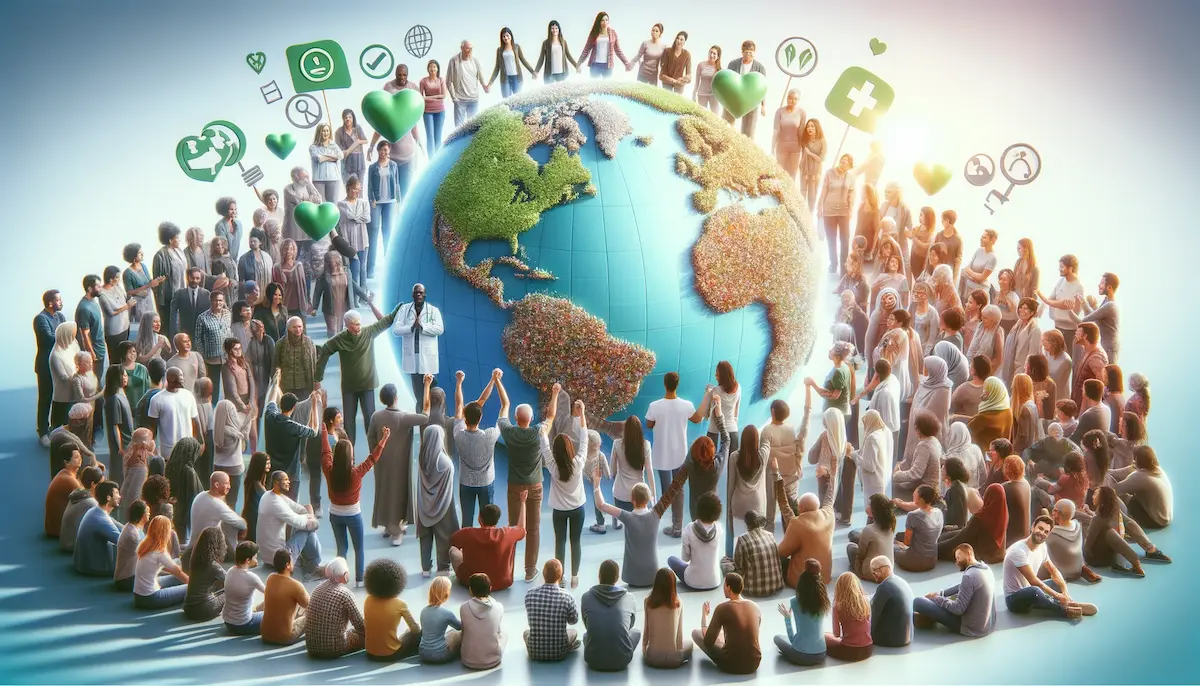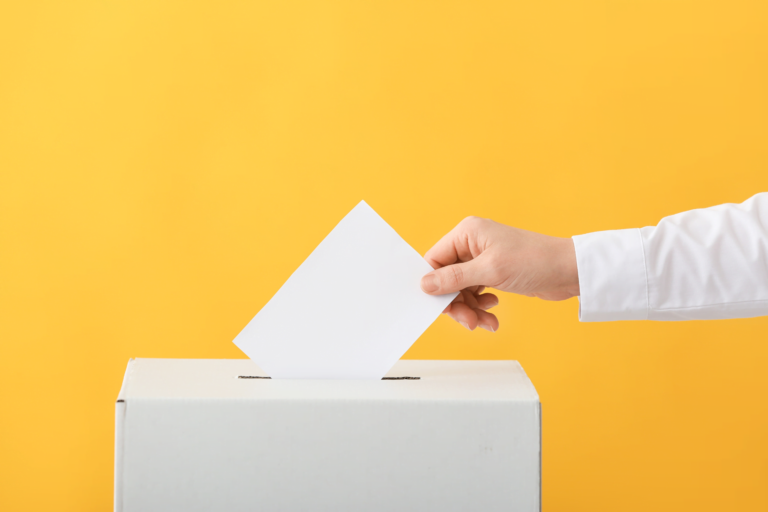World Mental Health Day Isn’t Enough
We need a 365, 24-7 approach to well-being.
KEY POINTS
- World Mental Health Day themes are essential to carry forward every day, all year.
- BIPOC and LBGTQ communities face unique, disproportionate risks. Representation, equity, and restorative justice are vital.
- Prevention, detection, integration, and access to treatment must remain prioritized to improve global mental health.
World Mental Health Day 2022 has technically passed. Green heart and solidarity emojis flooded our feeds. The theme, “make mental health & well-being for all a global priority”, is well timed, given the soaring rates of suffering, and the critical shortage of practitioners hovering. If there was ever a time to keep a campaign going, it’s now.
With so much at stake, changes are essential to ensure that global mental health is truly prioritized, not just propagated. Here are three guideposts to enact this year’s theme:
1. When we say “mental health”, we need it to mean whole health.
We can’t keep acting as though mind and body are disintegrated systems. Physical and mental health aren’t separate entities. Just ask anyone who suffers from IBS, chronic depression, or social anxiety about the interplay between their physical and psychological suffering. Or ask someone with cancer how stress is affecting them.
Cumulative stress and trauma can wreak havoc on our bodies, as Bessel van der Kolk points out in his book, The Body Keeps the Score. Similarly, when we are depleted, scientist and scholar Lisa Feldman Barrett warns that our “body budget” is compromised, ramping up our brain’s tendency to react poorly to what we’re facing. Approaches to preventing, maintaining, and treating mental health must be grounded in proper psychoeducation, peer support, lifestyle medicine coaching, and access to integrated health care, including the many groundbreaking, evidence-based forms of treatment that demonstrate promise in recovery and optimizing whole health and well-being.
2. When we say “all”, we need it to mean all, not just privileged, dominant groups.
The Anxiety and Depression Association of America reports “an overall lack of representation and diversity among mental health providers in the United States.” All this while according to a 2021 Health and Human Services report, “many members of BIPOC communities deal with stress and trauma that can stem from specific socioeconomic struggles that consciously and subconsciously impact the everyday lives of the community. Persistent systemic social inequities and discrimination worsen stress and associated mental health concerns for people of color.”
The National Alliance on Mental Illness (NAMI) reports recent research that “members of the LGBTQ community are at a higher risk for experiencing mental health conditions — especially depression and anxiety disorders. Transgender individuals are nearly four times as likely as cisgender individuals (people whose gender identity corresponds with their birth sex) individuals to experience a mental health condition.” Striving for representation, radical policy changes, restorative justice, and equity is vital to ensure that the “all” in this year’s theme is truly brought to bear.
3. When we say global “priority”, we need our systems to rise to the occasion.
The projected mental health crisis and subsequent critical shortage of mental health practitioners across the globe were well documented before the pandemic. Rural and remote areas have been hit particularly hard.
Priorities must be consistent, and not wax and wane according to the latest crisis, tragedy, or trend. Prioritizing global mental health means that allocations are made to ensure that education and health and human services systems are properly funded and supported. That access to care is relentlessly pursued by policymakers and leaders. Prioritization means that prevention isn’t just lip service. It must be brought to scale. The World Health Organization and the Lancet Commission on Global Mental Health have a host of recommended steps for communities and societies to follow that underscore the value of prevention, detection, and intervention.
Awareness campaigns are important. They can spur solidarity, candor, and community. Still, to move them from intention to action within a fraught mental health delivery system, we need individual and collective will. Rhetoric will only take us so far. Taking a 365, 24-7 approach to this year’s mental health theme is warranted. In today’s modern era, the advances in treatment must be brought to scale and made accessible to mitigate the escalating crisis at hand.
References
https://www.thelancet.com/commissions/global-mental-health
https://www.nami.org/Your-Journey/Identity-and-Cultural-Dimensions/LGBT…
https://adaa.org/learn-from-us/from-the-experts/blog-posts/consumer-pro…






